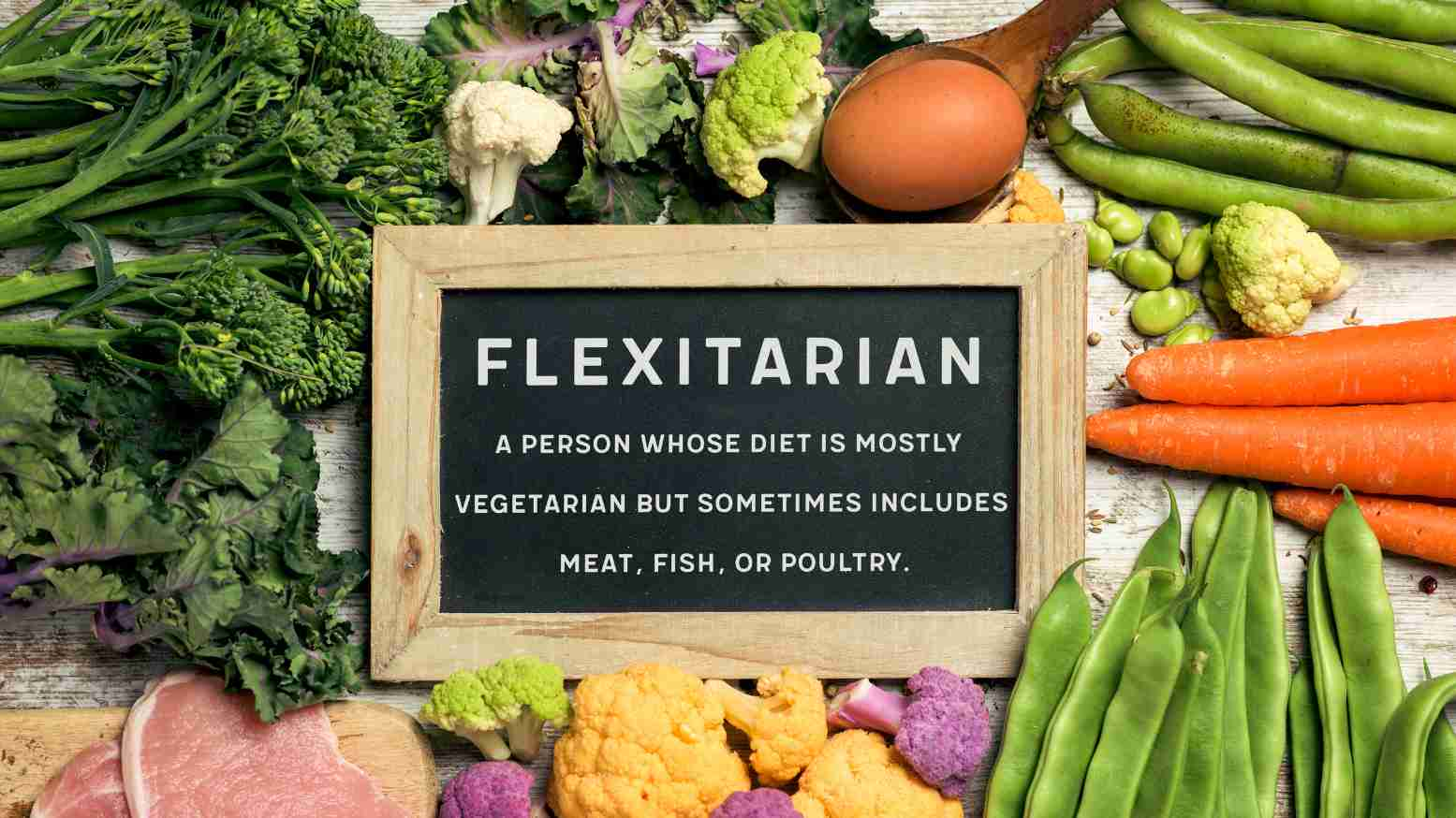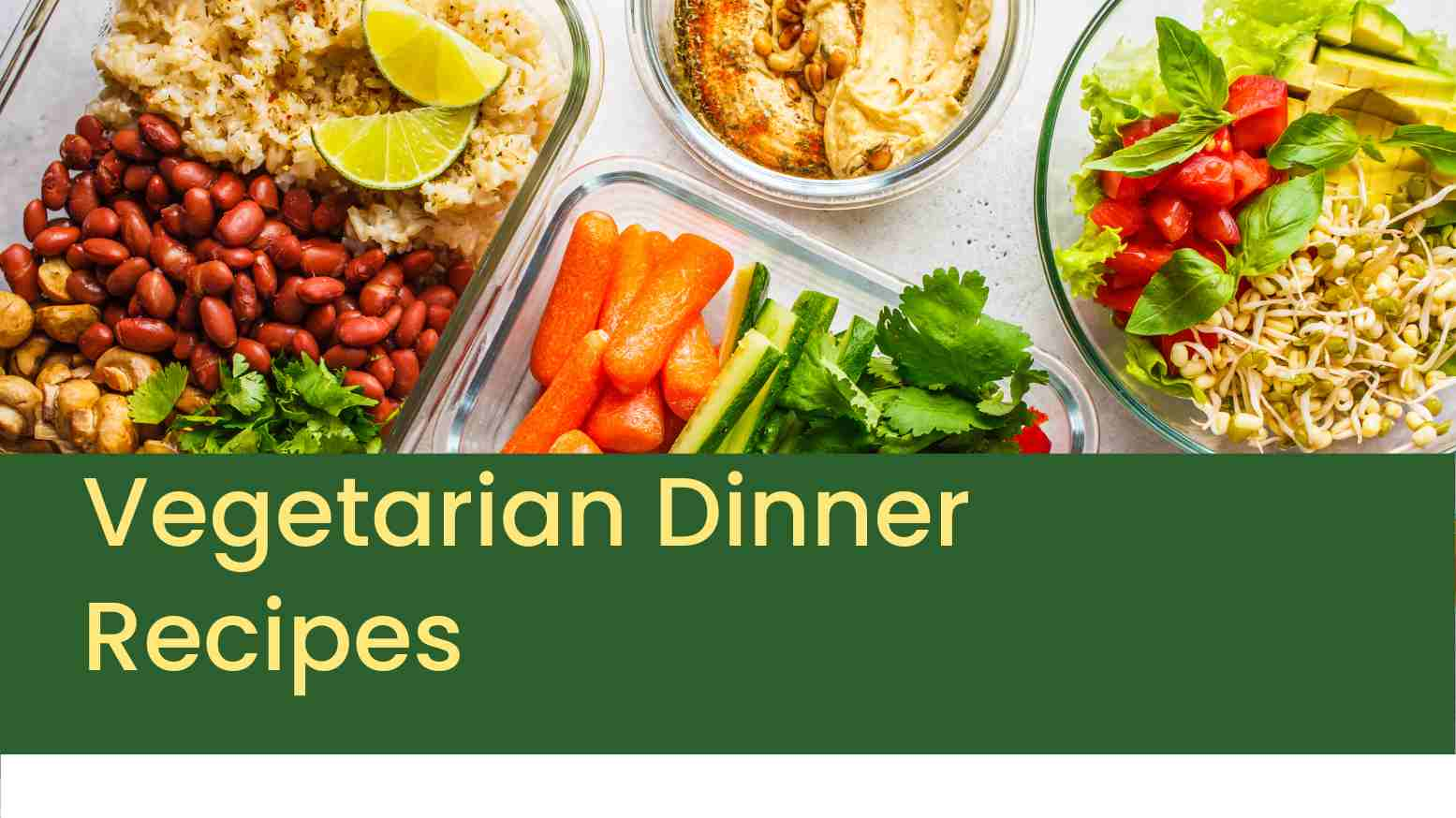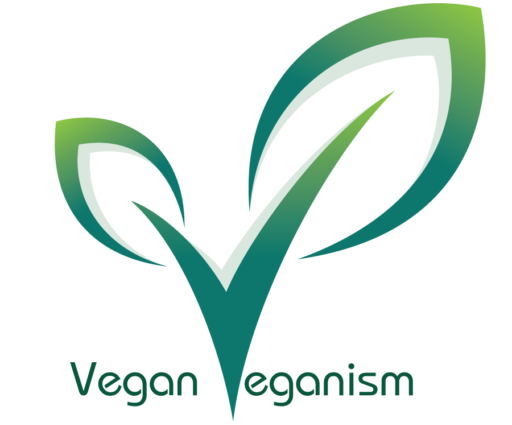Starting a vegan journey is a noble endeavor, but for some people, the change may be too much to handle. Although adopting a completely vegan diet has many advantages for the environment, individual health, and ethical reasons, it’s crucial to understand that there are differences in the route towards veganism.
There are several other options to think about if going fully vegan seems unfeasible or intimidating. With the flexibility these pathways provide, people can experiment with plant-based eating in ways that suit their tastes, lifestyles, and changing nutritional requirements, or they can cut back on their consumption of animal products.
Embrace Flexitarianism

Flexitarianism offers a flexible diet that emphasizes mostly plant-based foods with the occasional addition of meat, chicken, or fish. This makes it possible to gradually cut back on animal products while still occasionally indulging in comfort foods. The focus is on adaptability, allowing people to follow their own dietary choices free from rigid labeling.
What are the benefits of embracing flexitarianism?
- Easy to adopt and sustain.
- Accommodates occasional cravings.
- Supports animal welfare to some extent.
What are some tips to follow flexitarianism?
- Initiate designated meatless days.
- Experiment with diverse plant-based recipes.
- Opt for ethically sourced animal products when occasional cravings arise.
Dive into Vegetarianism

Dairy and eggs are permitted whereas meat and fowl are excluded in the wide range of vegetarianism. It offers options such as lacto-vegetarianism (allowing only dairy) or lacto-ovo vegetarianism (containing both). Because of this versatility, people can match their dietary preferences and ethical issues.
What are the benefits of embracing vegetarianism?
- Abundant plant-based options.
- Promotes heart health.
- Supports ethical egg and dairy production when chosen consciously.
What are some tips to follow vegetarianism?
- Explore varied protein sources like legumes, tofu, tempeh, eggs, and dairy.
- Delve into vegetarian cookbooks for creative and satisfying recipes.
- Connect with online communities to share experiences and gather inspiration.
Experiment with Pescetarianism
Fish and seafood are included in a plant-based diet according to pescetarianism. When combined with sustainable decisions, this strategy provides a balance that promotes both environmental and health concerns. Reducing the ecological footprint requires understanding and giving priority to solutions that come from sustainable sources.
What are the benefits of embracing pescetarianism?
- Good source of omega-3 fatty acids.
- Supports sustainable fishing practices.
- Provides a diverse range of protein sources.
What are some tips for following pescetarianism?
- Research and opt for eco-friendly seafood certifications.
- Familiarize yourself with sustainable fishing practices.
- Balance your diet by incorporating an array of plant-based options.
Focus on Meatless Mondays or Plant-Based Weeks
Choosing to eat only plant-based food for a few days or weeks can help you gradually cut back on your consumption of animal products. With the help of this method, people can progressively learn about the advantages and difficulties of a plant-based diet in an organized manner.
What are the benefits of embracing plant-based week?
- Easy to implement.
- Reduces animal product intake gradually.
- Promotes exploration of diverse plant-based recipes.
What are some tips for following a plant-based week?
- Explore fun and varied meal plans to keep the experience engaging.
- Involve family and friends for mutual support and shared experiences.
- Utilize convenient meatless meal delivery services to ease the transition.
- Experiment with international cuisines rich in plant-based options.
Prioritize Local and Sustainable Sourcing
Choosing animal products from ethical sources is a deliberate and sustainable choice, regardless of dietary preferences. Encouraging nearby farms that put animal welfare and environmentally friendly practices first guarantees that even non-vegan options respect ethical and environmental principles.
What are the benefits of prioritizing sustainable sourcing?
- Reduces environmental impact.
- Supports ethical treatment of animals.
- Promotes awareness of food systems.
What are some tips for prioritizing sustainable sourcing?
- Seek out local farmers markets for fresh, sustainably produced produce.
- Consider joining community-supported agriculture (CSA) programs.
- Research ethical certification labels for animal products.
- Learn about regenerative agriculture practices and their positive impact.
In conclusion, even if living a completely vegan lifestyle is an admirable goal, it’s important to acknowledge and value the variety of options accessible to people who might find the switch difficult.
Flexitarianism, vegetarianism, pescetarianism, designated meatless periods, and ethical sourcing are some of the options that enable an individual’s transition to a more plant-centric way of living. Every path is different, with advantages and considerations specific to it. People can choose a balanced solution that fits their changing needs for health care, well-being, and values by investigating these options.
Recall that the secret is to set out on a path that feels rewarding and sustainable, promoting a healthy relationship with both food and the environment.
You may also like:
- How do I quit being a vegan
- What’s the one thing stopping you from being vegan
- If chicken isnt vegan why does vegan chicken exist
FAQs
1. Why consider flexitarianism?
Flexitarianism allows flexibility in primarily plant-based eating with occasional animal products, making the transition gradual and accommodating.
2. What distinguishes vegetarianism from veganism?
Vegetarianism excludes meat but allows dairy and eggs, offering a variety of plant-based options while supporting heart health.
3. How does pescetarianism contribute to a balanced lifestyle?
Pescetarianism includes fish, providing omega-3 fatty acids and diverse protein sources with sustainable choices.
4. How can Meatless Mondays help in transitioning?
Designated plant-based days ease the transition, reducing animal product intake gradually and promoting recipe exploration.
5. Why prioritize local and sustainable sourcing?
Prioritizing ethical sourcing supports animal welfare and environmental practices, aligning with conscious choices.
6. Why acknowledge various options in transitioning?
Individuals have unique needs; exploring options ensures a balanced solution that aligns with health, well-being, and values.
7. How to ensure a rewarding transition?
Choose a path aligned with personal preferences, promoting a healthy relationship with food and the environment.
8. What’s the overarching message in considering alternatives?
Acknowledge diverse paths like flexitarianism, vegetarianism, and ethical sourcing, each offering unique benefits for a successful transition.

